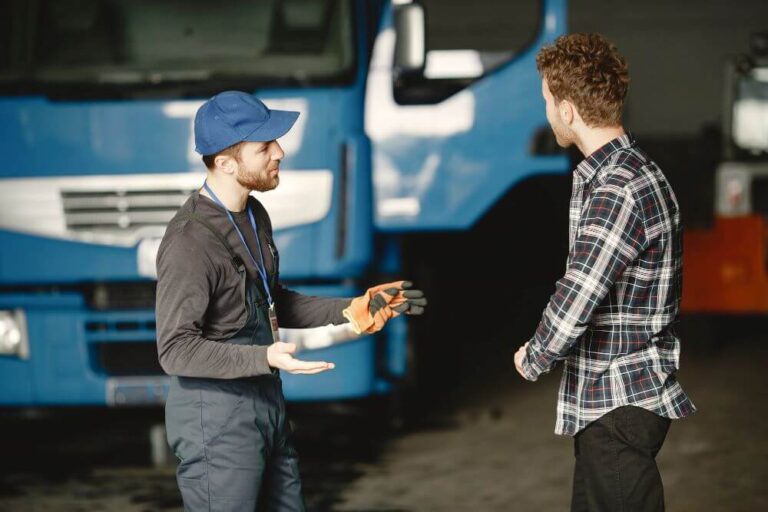Filing a claim after a truck collision can be one of the most overwhelming experiences a victim faces. Truck accidents in Spring Valley remind everyone that these cases often go far beyond the typical fender-bender scenario. Unlike a straightforward car accident claim, pursuing compensation in a truck crash involves multiple layers: federal and state regulations, complex liability questions, and large trucking companies with strong legal teams. Victims suffer catastrophic injuries and find themselves dealing with financial uncertainty, emotional turmoil, and pressure from insurance carriers determined to limit payouts.
In Las Vegas, Nevada, the stakes are particularly high. With thousands of commercial trucks moving along I-15, the 215 Beltway, and U.S. 95, serious wrecks are unfortunately common. Each case demands a careful review of records, contracts, and timelines to protect a victim’s rights under Nevada law. This local context, combined with the inherent difficulty of truck accident claims, underscores why understanding the process is vital for those seeking justice.
Understanding Liability
Establishing fault in a truck wreck is more complicated than determining which driver is responsible, as trucking companies, manufacturers, or maintenance providers may share liability. Claiming against multiple entities can also complicate the process, as it may involve each entity to varying degrees. Evidence is key in this regard, with police reports, witness statements, and expert testimonies among the critical forms of evidence.
Gathering Evidence
Collecting evidence is one of the most important aspects of filing a solid claim, including images of the site of the crash, your vehicle’s damage, and you, if possible. Medical records and bills support the essence of what your injuries are and what they are worth. Electronic logs from the truck may also reveal if the driver was doing something other than driving, which may reveal violations of the regulations.
Navigating Insurance Companies
Insurance companies often have a critical role in claims, and claimants frequently oppose them. Their aim is usually to reduce compensation, which creates trouble for claimants. Understand your policy details and be prepared to negotiate. Bolstering communication and transparency with documentation can counteract lowered compensation efforts.
Legal Considerations
Truck accident claims are complicated legal matters. Although regulations are in effect, the laws widely differ between areas/regions, and knowledge of these distinctions is essential to a successful claim. However, the best method is to leverage a legal professional specializing in truck accidents. They can provide legal interpretations, prepare evidence, and negotiate with insurance companies.
Timely Filing
Time is of the essence when filing a claim. One cannot file a claim at any time; many regions have statutes of limitations that specify a limit for lawsuits. If you do not meet them, you lose your right to compensation. Prompt actions help you perform all the steps that you must do promptly.
Calculating Compensation
Determining compensation involves assessing various factors. These include medical bills, lost income, and pain and suffering. In other cases, future medical needs and loss of earning capacity might also enter the equation. Providing a thorough and well-documented claim means you are more likely to receive a fair settlement.
Dealing with Emotional Impact
Truck accidents are very upsetting and can take an emotional toll on you. Victims develop anxiety, depression, or post-traumatic stress. You must deal with these issues, both as a matter of recovery and in support of the claim. Another way you can factor mental health treatment into compensation is by suggesting that symptoms are real and need to be identified and treated.
Seeking Professional Assistance
Using the services of professionals can have a considerable impact on a claim’s success. From a legal standpoint, that may include legal experts, medical professionals (from physicians and even nurses to psychotherapists), and accident reconstruction specialists. They ensure that they thoroughly address every element of the claim, which results in a favorable outcome.
Conclusion
Filing a truck accident claim differs from conventional vehicle accident claims, and each step has challenges. Claimants face challenges such as answering questions of liability, compiling evidence, and reporting insurance intricacies. Yet, proper preparation with professional guidance might help victims fight for compensation and start a fresh chapter. You can overcome those hurdles and protect your rights by acting quickly and strategically.


